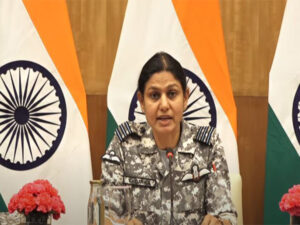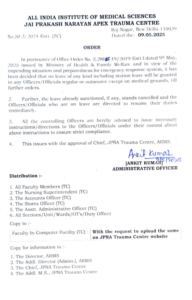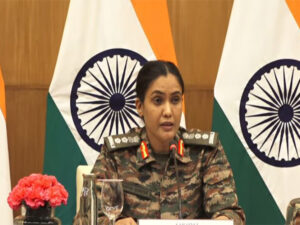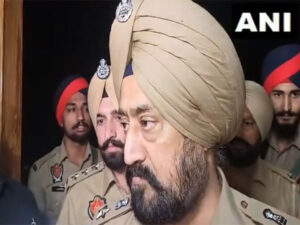Maharashtra CM inaugurates Phase 2A of Mumbai Metro Line 3 from BKC to Acharya Atre Chowk

Mumbai (Maharashtra) [India], May 9 (ANI): Maharashtra Chief Minister Devendra Fadnavis along with Deputy Chief Minister Eknath Shinde on Friday inaugurated Phase 2A of Mumbai Metro Line 3 from Bandra Kurla Complex to Acharya Atre Chowk.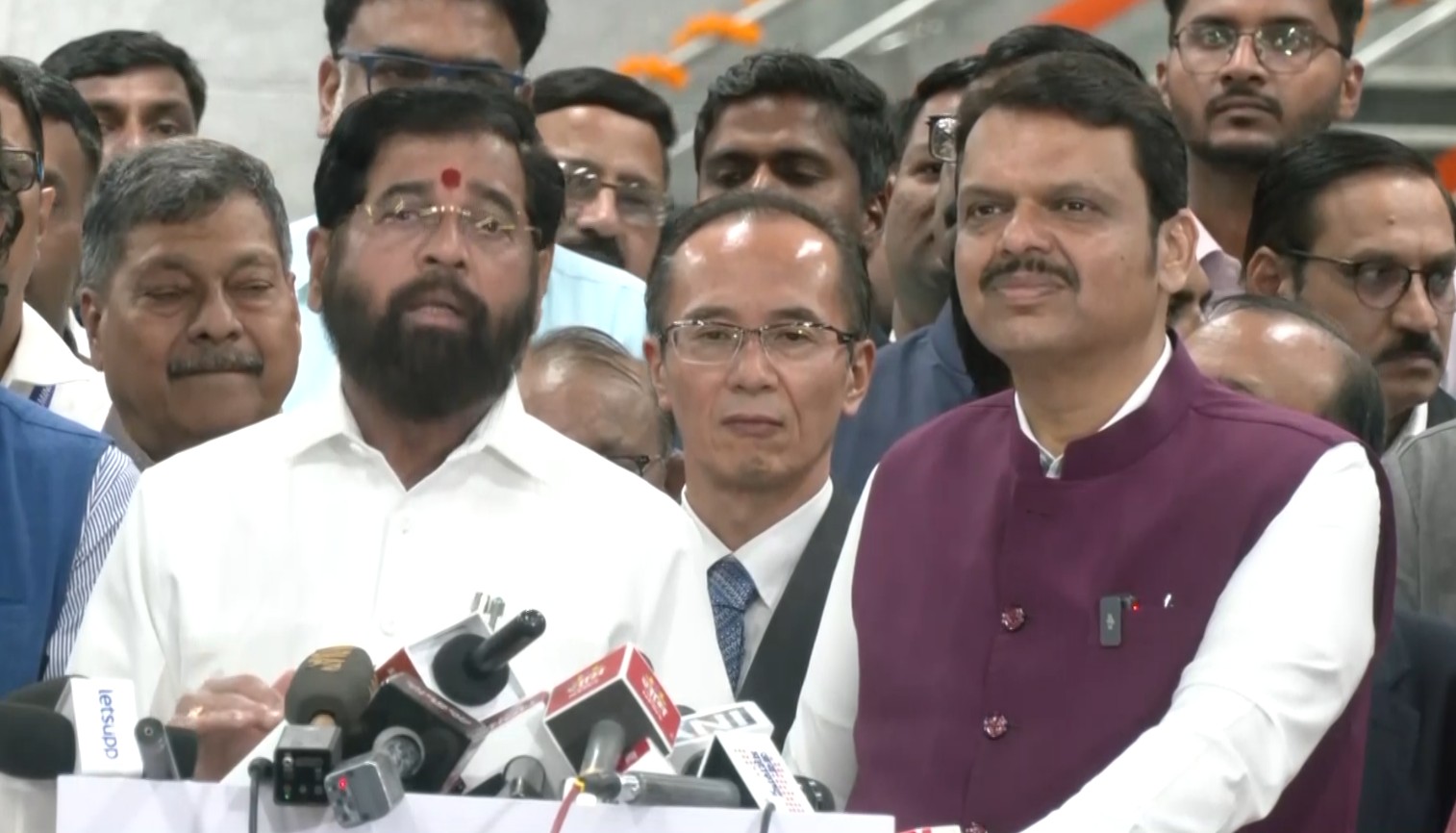
Speaking to mediapersons, Chief Minister Fadnavis said, “The eagerly awaited Phase 2A of Mumbai Metro Line 3, stretching from Bandra-Kurla Complex (BKC) to Acharya Atre Chowk (Worli Naka), will be opened to the public starting tomorrow, marking another milestone in the city’s ambitious underground metro network.”
“This new stretch includes six underground stations–Dharavi, Shitladevi, Dadar, Siddhivinayak, Worli, and Acharya Atre Chowk–providing critical connectivity to some of Mumbai’s most densely populated and commercially vibrant areas, including religious hubs such as the Siddhivinayak Temple. A total of eight trains will run on this and they will complete 244 trips every day. It will take 15 minutes 20 seconds to travel from BKC to Acharya Atre Chowk,” he added.
“Overall, this is a 33-kilometre-long project. We first opened a 13-km stretch last October, and today we are launching another 9 km. We aim to complete the remaining section from Worli to Cuffe Parade by August. Prime Minister Narendra Modi will be invited to inaugurate the final phase. This is not just a metro but a new era of mobility for Mumbai,” said CM Fadnavis.
The Colaba-Bandra-SEEPZ Corridor (Line 3) is the first and only fully underground metro line being implemented for the Mumbai Metropolitan Region (MMR). Cuffe Parade station in Colaba and Aarey JVLR station near SEEPZ are the stations located at either end of the corridor.
Metro Line 3 is a landmark project to improve and facilitate transportation in the city of opportunities. Once fully operational, Line 3 will serve around 13 lakh passengers daily, with each train (8 coach train) carrying around 2,500 passengers.
Earlier in the day, Maharashtra Chief Minister Devendra Fadnavis also chaired a high-level security review meeting in at his official residence, Varsha Bungalow in Mumbai amid tensions between India and Pakistan. Senior officials from the police and administrative officials attended the meeting.
This comes after explosions were heard, and flashes were seen in the sky. Blackouts were also enforced in Bikaner and parts of Punjab, as well as in Kishtwar, Akhnoor, Samba, Jammu, Amritsar, and Jalandhar.
In light of the current security environment and the threat of hostile attacks, the Ministry of Home Affairs (MHA) has urged all states and Union Territories (UTs) to augment civil defence measures under the Civil Defence Act and Rules of 1968.
Highlighting Section 11 of the Civil Defence Rules, 1968, the Ministry in a letter titled “augmentation of civil defence measures in the states/UTs” reminded that state governments are empowered to undertake all necessary actions for the protection of people and property, and to ensure the uninterrupted functioning of vital services during a hostile attack.
In the letter issued, considering the last night attacks by Pakistani forces in Jammu and Jaisalmer regions, the provision also authorises the use of local authority funds for such emergency measures, giving them precedence over other financial obligations.
In the communication, the Ministry has requested that “states and UTs invoke Section 11 and grant emergency procurement powers to their respective Directors of Civil Defence.” This step is aimed at enabling swift and efficient implementation of precautionary and protective measures.
The call to strengthen civil defence measures follows a serious security incident along the India-Pakistan border as Pakistan on Thursday night launched a series of coordinated drone and missile attacks along India’s western border, targeting regions in Jammu and Kashmir, and Rajasthan.
According to Indian defense officials, the attacks were largely intercepted by India’s air defense systems, including the S-400 missile defense system, preventing significant damage.These strikes were reportedly in retaliation to India’s Operation Sindoor conducted earlier this week, which targeted terrorist camps in Pakistan following a deadly terrorist attack in Kashmir that killed 26 tourists on April 22.
The escalating conflict has led to heightened tensions between the two nuclear-armed neighbors, with both sides accusing each other of aggression and violating airspace.
The situation remains volatile, with international calls for restraint and diplomatic engagement to prevent further escalation. (ANI)
This story is not been edited by Take One Television & Digital Network Staff and is auto-generated from syndicated feed


